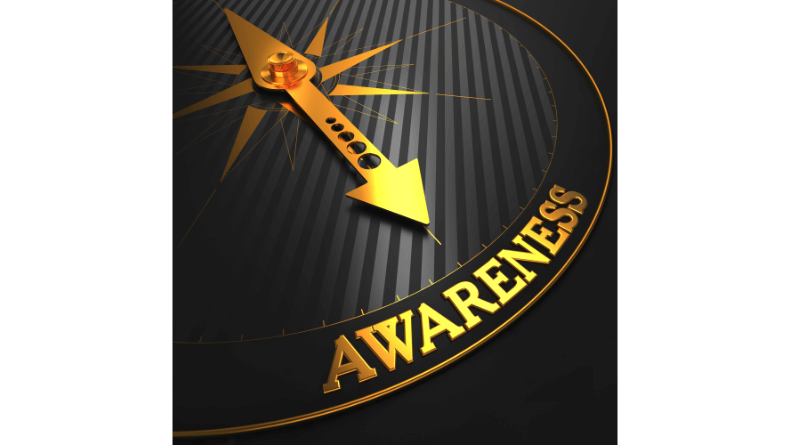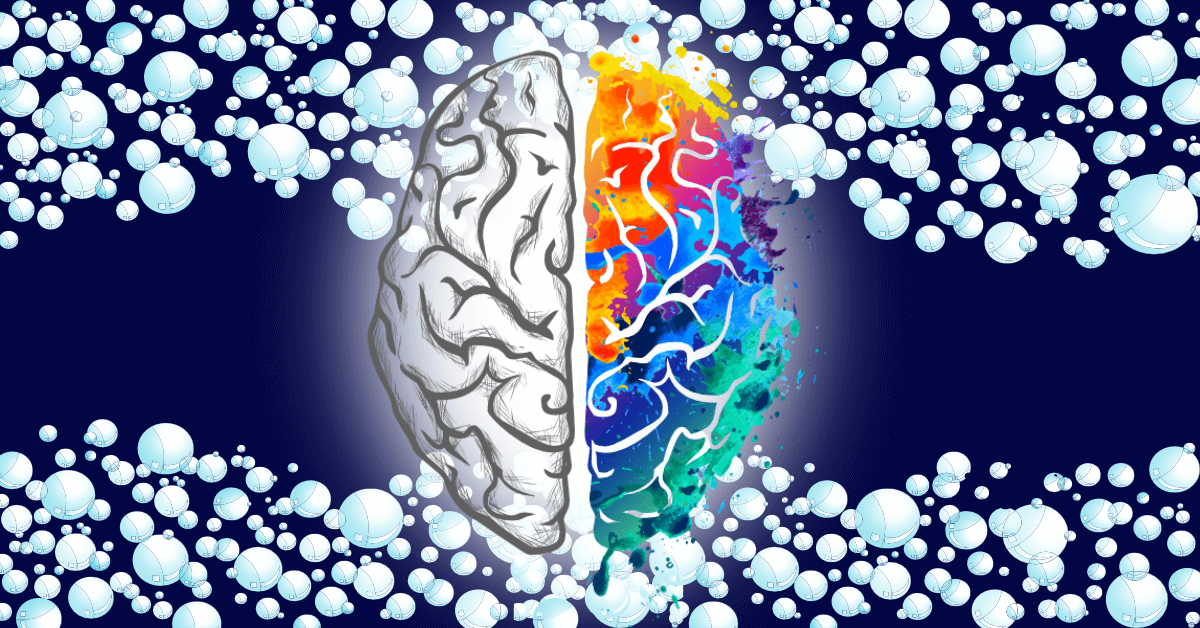In their book Conscious Luck Gay Hendricks and Carol Kline differentiate between guilt and shame: We feel guilt about actions we take, “mistakes” we make, or missed opportunities, but we feel shame when we believe that there is something inherently wrong with us. We feel shame about who we are.
To me, this difference explains everything. Guilt is so much more bearable because it can be fixed. You make a mistake, you take responsibility for it, apologise, do your best to rectify the situation, take every precaution to never do it again and so on. Whatever it takes but there’s something you can do about guilt.
Shame is different.

Is shame an emotion or a feeling?
Both. Shame triggers a reaction in your body, so it’s an emotion. When I feel shame, I hold my breath, my shoulders tense up and hunch. There’s pressure on my chest and often my eyes stop focusing.
But this automatic reaction is caused by a feeling: Our (more or less) conscious interpretation, not of the event, but of what the event says about us. In other words, shame is caused by a limiting belief we have about ourselves.
Asking for help: Two examples
Let’s say you need to ask for help in the form of money. (Cringing yet?) Person A who has no special feelings attached to this will just ask for help. Yes, even if it means asking for money. Asking for help is no big deal. Asking for money is no big deal.
They need the money and the person they are asking has it. The person wants to help so why not let them? And person A is going to do great things with that money, like start a business that will help hundreds, thousands, maybe even millions of other people. Asking for help is practically noble.
I’m exaggerating, but not much. Yes, there are people who believe that asking for help is a normal part of life. Nothing to be even embarrassed about, much less ashamed of.
Then there’s the rest of us. Persons B. When we need to ask for help, an immediate thought-track runs rampant in our minds: “You’re a failure.” “Why can’t you do this on your own?” “What is wrong with you?”
We’ve read the research that giving and helping make people happy. We’ve helped friends and even strangers in need and felt great afterwards. Yet, all of this is forgotten when we need to ask for help. We feel shame, because we learned that it’s not ok for us to need help.
At some point in our lives, we picked up the limiting belief, that asking for help is bad. Maybe you learned to think that asking for help is a sign of weakness or even failure. Maybe you were taught that success only counts if you do it on your own. Or maybe your limiting belief is that no one will help you anyway so no point asking.
Whether you recognise yourself in this example or whether you have other topics, areas, interactions and actions that make you break out in shame, the point is always the same: The emotional reaction of shame is triggered by the feeling of shame. And the feeling of shame is caused by one or several limiting beliefs you have about yourself and life.
Handling shame
When I use the term “handle” what I mean is releasing the reactions shame causes in your body. So releasing the chain reaction caused by the emotion. The best way to release emotions and make sure they don’t accumulate in your body is to practise emotional hygiene. Try out a few techniques and see which one works best for you.
For me, tapping is the easiest way to relieve shame. My favourite tapping session for this is Ashamed About Current Circumstances. There’s also crying which is fantastic when shame becomes overwhelming.
These techniques alleviate the emotion. They help you calm down. If you practise them consistently, you will still experience shame and all the discomfort but you can move on with your life anyway.
Your alarm system
But why not take it up a notch? You are here because you are interested in Emotional Intelligence and that is just another word for knowing how to use your emotions and feelings to make your life easier. Let’s use shame to do just that.
Emotions and feelings are your guides. Shame is a strong emotion. Once you allow yourself to notice it, you can use shame as an effective alarm. Every time shame pops up, a limiting belief just turned on. Finding out that you have limiting beliefs is step one to changing them.

What are limiting beliefs?
Abraham Hicks defines them as thoughts you keep thinking. Brad Yates calls them misunderstandings. To me, they are lies.
I bet when you read the example above you already knew that giving and helping makes people feel good. Have you ever thought “Wow that person is a total loser for even asking!” when someone asked you to help out? Neither have I.
It’s not just because we’re such nice people. It’s also because we know that no one goes it alone. No one who has ever been successful has achieved their successes alone. People work and live with other people. Everyone has support. Asking for help is just a way to make sure you get the right support. It’s normal. It’s healthy. It’s a skill.
But when it comes to ourselves our limiting beliefs – the lies we repeated so often that we think they are the truth – override our conscious thoughts. Like emotions, feelings can also take over. They do this not through chemical reactions in your body but through thought tracks in your mind.
You need to notice those thought tracks before you can stop them and replace them with more helpful thoughts. And that’s where shame can become your most powerful ally.

The power of shame
Once you are willing to accept shame as just another uncomfortable emotion that tries to tell you something, you can relax. Every time it comes up, you know you just had one or several limiting beliefs.
What are you currently working on? Who are you with? What are you thinking right now? Pay attention to your thoughts with curiosity and self-compassion.
It doesn’t matter where the thoughts come from. It makes no difference if you learned them from your parents, or if a teacher convinced you that there is something wrong with you, or if you drew the conclusions yourself from painful interactions with other people.
Just notice the thoughts. They are lies anyway. Bring them to the light so you can rob them of their power and let those unhelpful limiting beliefs go.
How to activate the alarm system
- Step 1: You need to know what shame actually feels like in your body. The next time you are ashamed for whatever reason, close your eyes. Where in your body is the shame? What does it feel like?
- Step 2: What do I think this means about me? What story am I telling myself? What’s my limiting belief?
- Step 3: Feel and release the shame. Acknowledge that it’s there: “I’m experiencing some shame right now.” Then release it, either by tapping or following this guided meditation.
- Step 4: Take notes. Write down every limiting belief that just came up so you can release those too.
How to release limiting beliefs
Limiting beliefs flare up because there’s a desire we do not allow ourselves to go after. We are afraid that we might fail or – worse – that we might succeed! So the limiting beliefs come out of the woodwork and obligingly give us reasons to stay put. They are just trying to be super helpful.
Whenever you are ready to leave those lies about yourself behind and go for what you really want, use the word template below. I created it based on a technique to manifest your desires I learned from Susie Moore.
By the way, some limiting beliefs show up repeatedly. When they do, re-use the template because you probably settled for a small version of your real desire the first time you went through the process. It takes a while to really allow yourself to be you. This is normal, so don’t worry about it! Just keep on going.
How do I know that limiting beliefs are lies? How can I be so sure that whatever you think about yourself when you feel shame is not true? Because you are sure. That’s why you feel shame in the first place.
Have you ever felt bad about something you knew was true about you? Really true? Nope. Uncomfortable emotions tell you that something is going wrong. Shame tells you that you are thinking lies about yourself. It asks you to cut it out.
You know what else I know? You’ve read this far because deep down you know I’m right. You found this blog because you’re ready to listen. (My SEO is really not that good.) You found this blog because you’re ready for a change. Time to turn on the alarm and wake up. Your desires are waiting for you.

